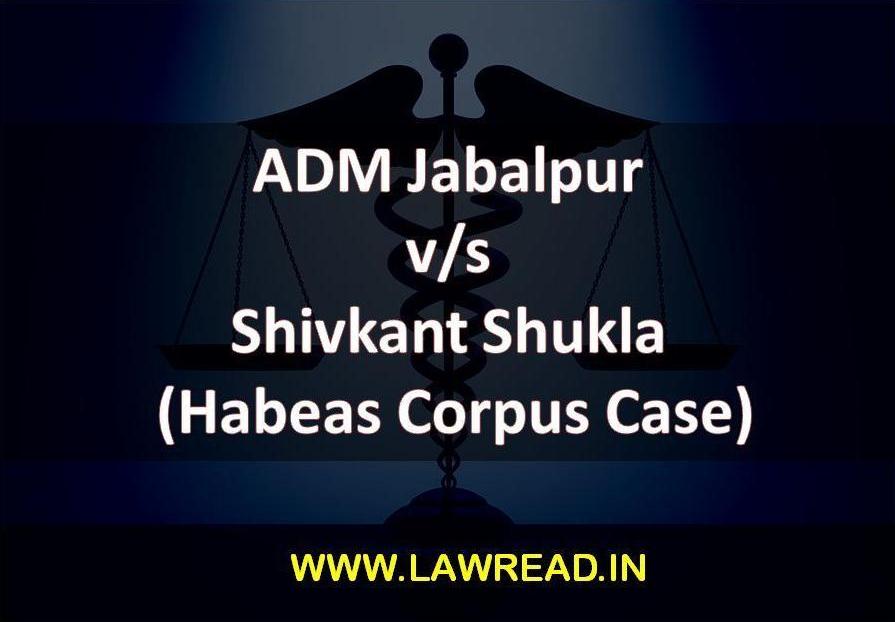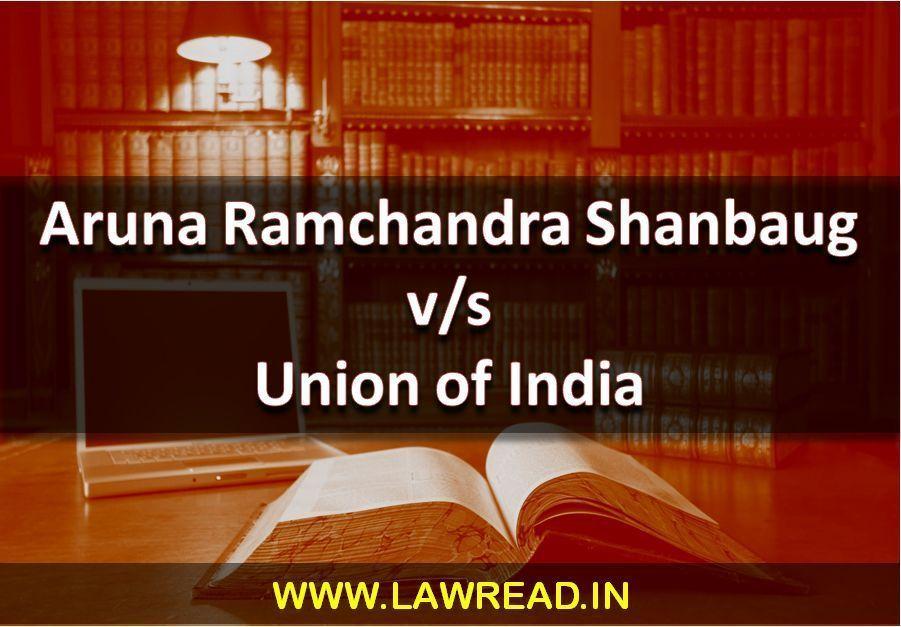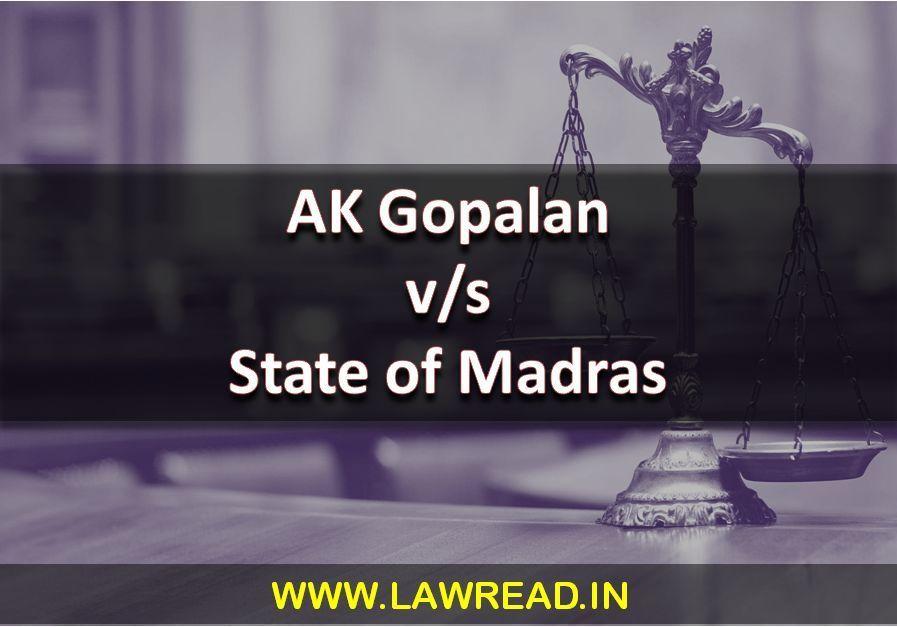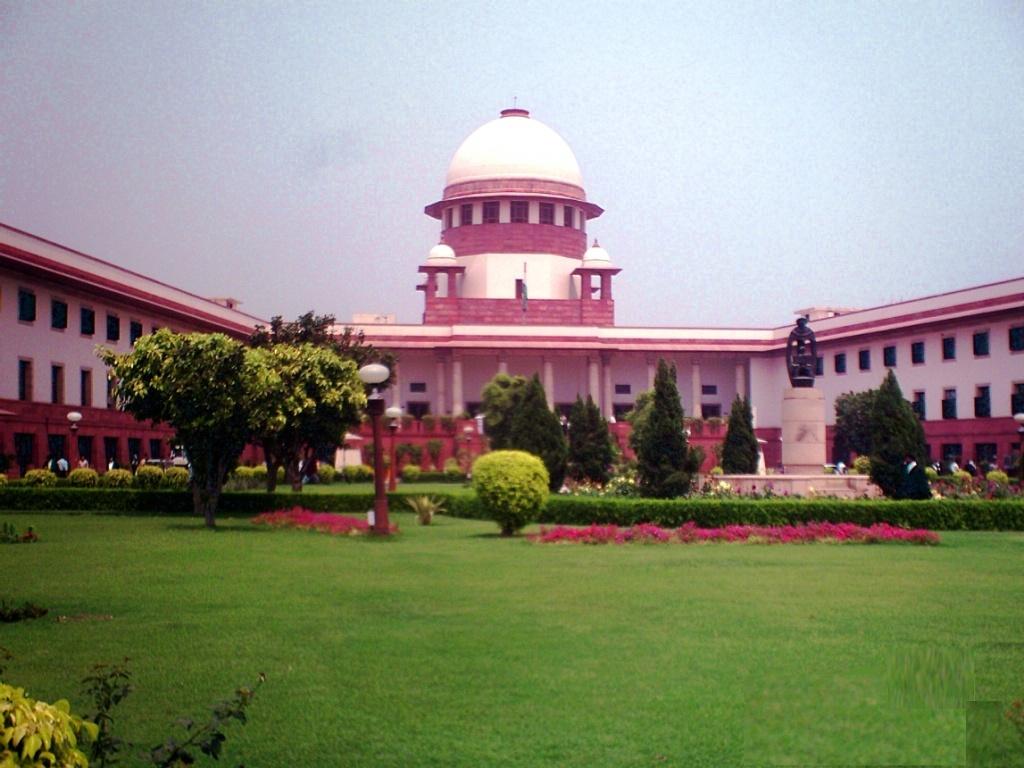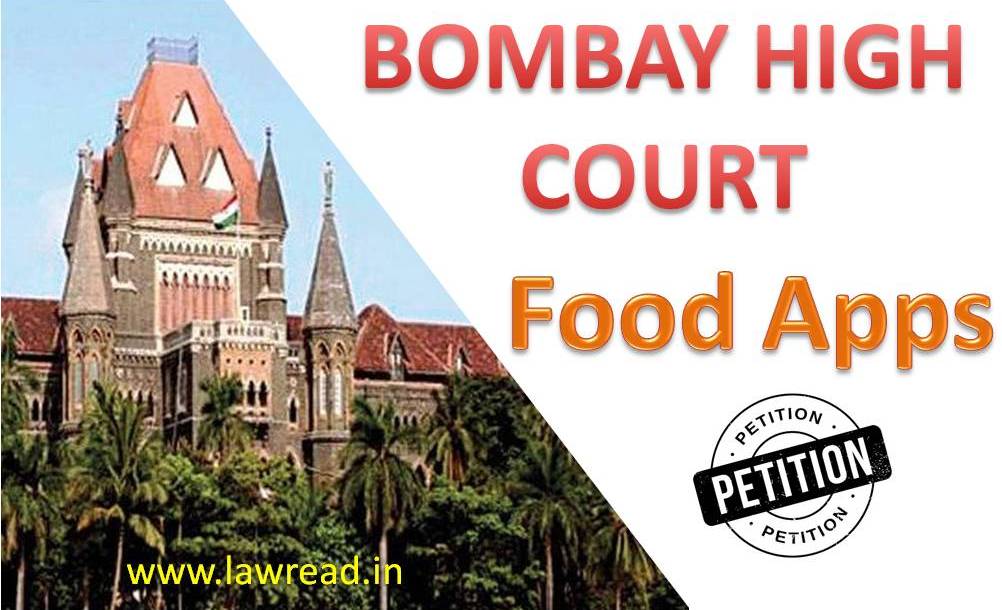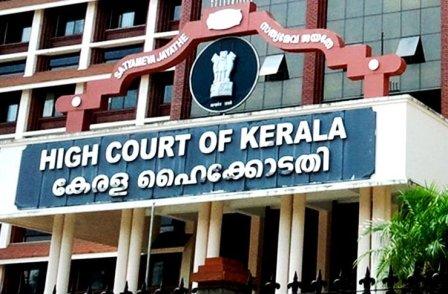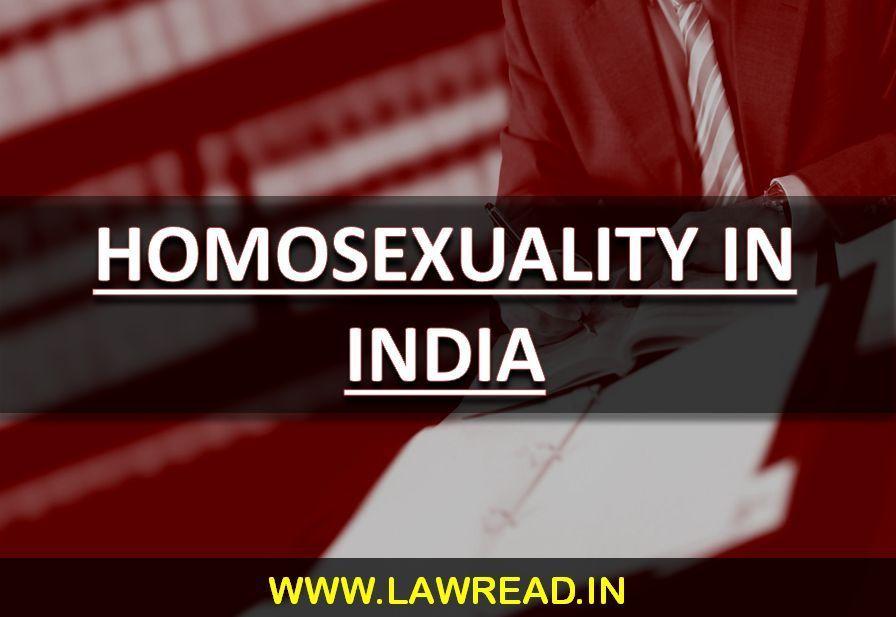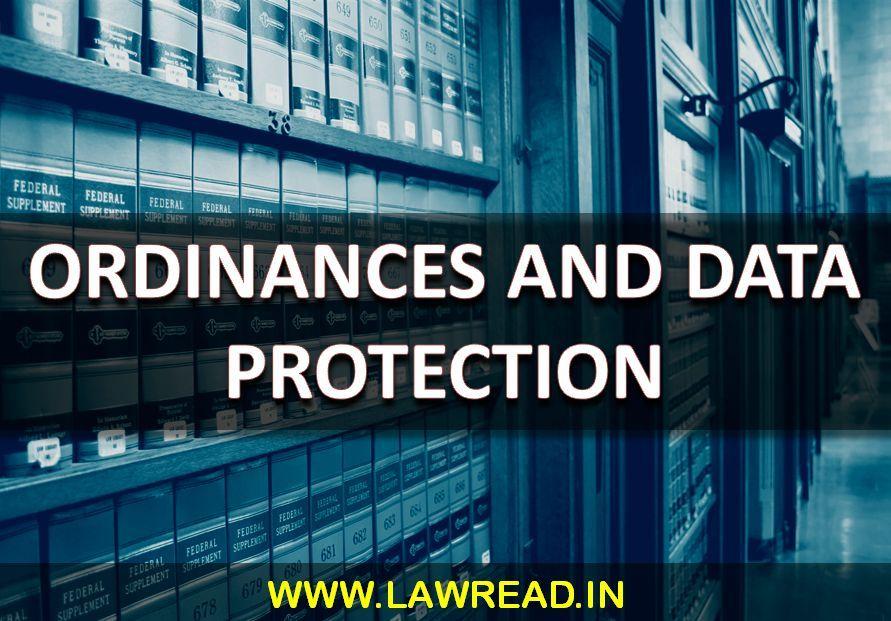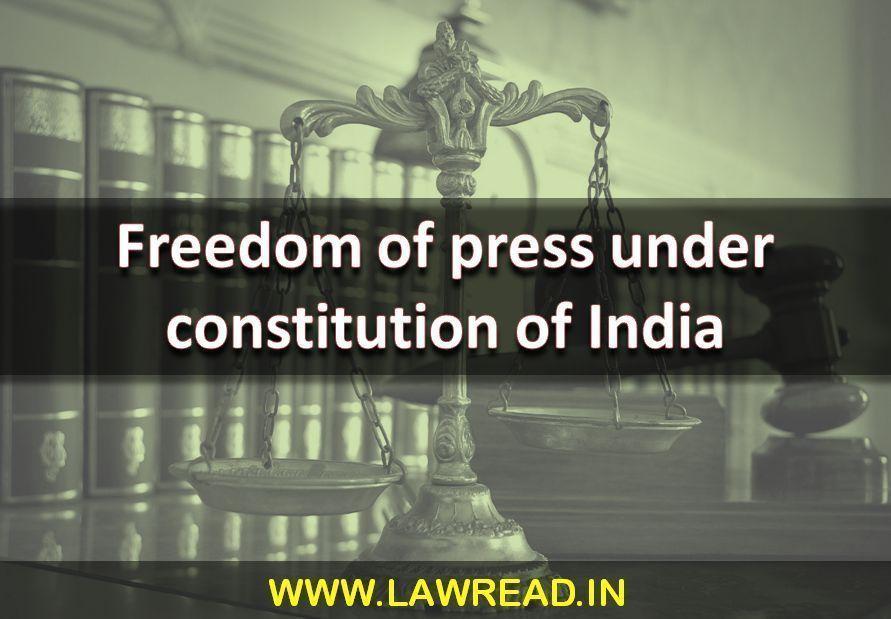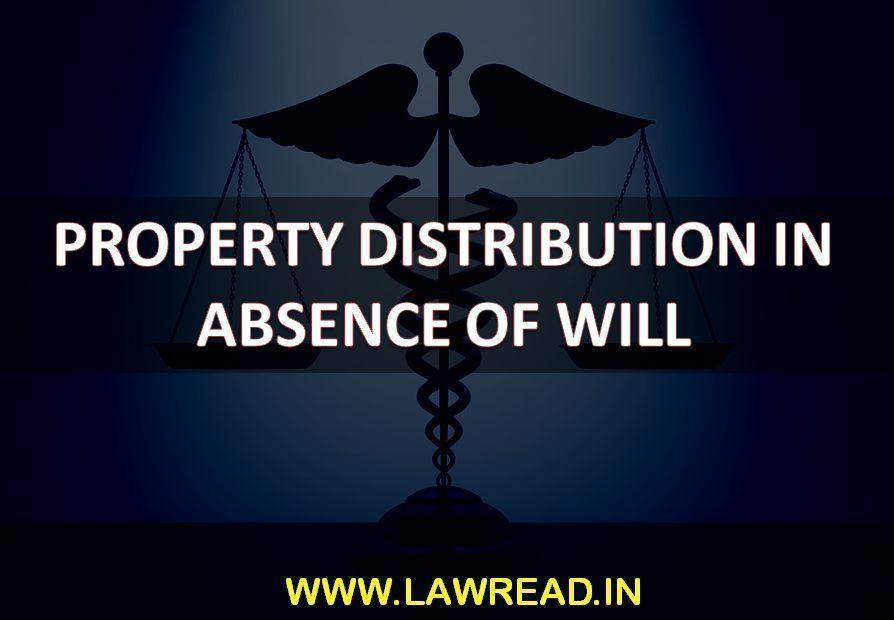Baglekar Akash Kumar v. Google LLC and Another (2021)
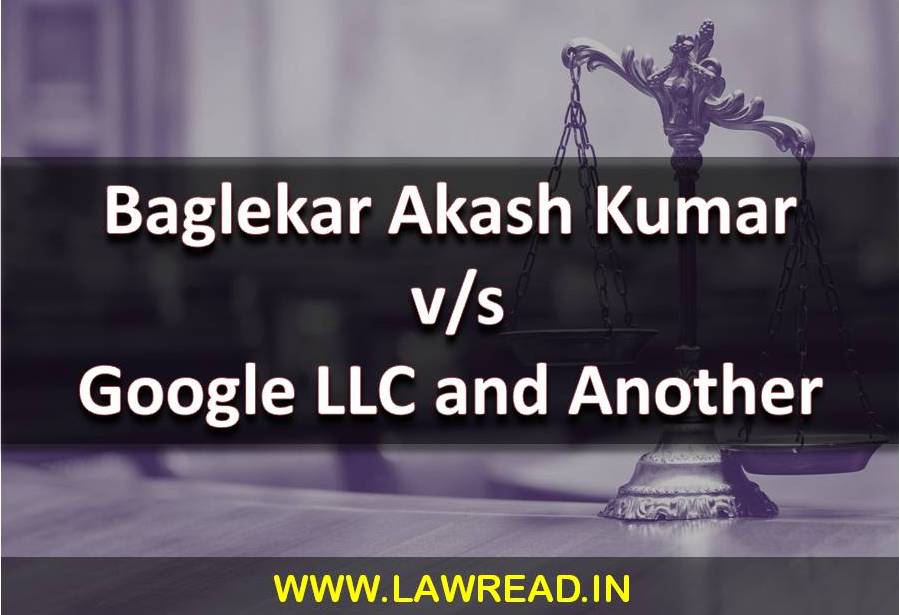
Citation:- 2021 SCC OnLine CCI 2
Court:-
Bench:- Ashok Kumar Gupta, Sangeeta Verma and Bhagwant Singh Bishnoi
Petitioner:- Baglekar Akash Kumar
Respondent:- Google LLC
INTRODUCTION:
The case titled "Baglekar Akash Kumar v Google LLC" was filed by a university student pursuing law against Google LLC and Google India Digital Services Private Limited under Section 19(1) (a) of the Competition Act, 2002 claiming violation of the provisions of Section 4(2) (e) of the Act. The Competition Commision of India(CCI) recently gave judgement on the issue regarding Google's dominant position in the prevalent emailing abd direct messaging market. The pandemic of 2020 posed opportunities for virtual platforms. Video conferencing apps gained popularity overnight. Hence, google came up with an integration of Gmail and Meet App by incorporating the Meet Tab in the Gmail. Google is a hub of various internet related services and products. Google derives most of its income from several enterprises who advertises their services and products on Google platform.
FACTS OF THE CASE:
Google provides various services and products on the virtual platform to its users. This case deals with the issue related to the integration of Gmail and the Meet App. Google allows its users to send and receive emails and direct messaging through Gmail. Whereas the Meet App allows its users to make video conferencing and online meetings. Google decided to integrate these two platforms i.e, Gmail and Meet App. In this case, the petitioner alleged that the integration of Google LLC and Google Digital Services was in violation of Section 4(2)(e). He stated that Gmail holds a dominant position and it is a leading app used for emailing because it is available in almost every electronic device. He further said that with the integration of Gmail and Meet App, Gmail which is already holds a dominant position in one relevant market is trying to use its dominant position to enter another relevant market, violating Section 4 (2)(e) of the Competition Act, 2002.
ISSUES:
1. Whether Google has a 'dominant position' in the emailing and direct messaging market or not?
2. Whether the integration of Google Meet into the Gmail contravenes the provisions of Section 4(2)(e) of the Competition Act, 2002 or not?
ARGUMENTS:
(a) Arguments by the Petitioner:-
1. The petitioner argued that Google holds a dominant position in the market for “internet related service and products”.
2. He further challenged that it was using its dominant position in the relevant market to enter into another relevant market where it offered its services through Meet App.
(b) Arguments by the Respondent:-
1. Google contended that the petitioner was required to prove the existence of a prima facie case warranting investigation by the Director-General. The opposite party challenged the locus standi of the informer.
3. Google alleged that it did not hold a dominant position in the market for “internet related service and products” because there is no such market.
4. Then it said that it was not dominant in “emailing and direct messaging” market in India because of the existence of competitors occupying a similar or superior position in the market.
JUDGEMENT:
The Competition Commision of India (CCI) held that Google did not hold any dominant position in the market of email services. It held that there was no violation of the provisions of Section 4 of the Competition Act, 2002. Hence, the integration of Gmail with Meet App did not affect dominant position.
The grounds on which CCI gave the judgement was that the users of Gmail are not forced to use Google Meet. A Gmail user can use any of the video conferencing app as per their wish. Anyone with a Google Account can create an online meeting with Google Meet. The users need not to be a Gmail user for creating a Google Account. They can use email ID created on any other platforms like Yahoo, Rediff etc. The users can go with any video conferencing apps like Zoom, Skype, Cisco Webex, We Conference, Microsoft Teams etc.
The CCI also evaluated that the integration of Meet App with Gmail regarding the imposition of Supplementary Obligations as provided under Section 4(2)(e) of the Act. The CCI opined that the users have the free will to use any of the Apps with all its features without compulsorily using the other one. In the end, CCI held that the case made out against Google was not acceptable since their activities were not violating any of the Provisions of Section 4 of the Act.

